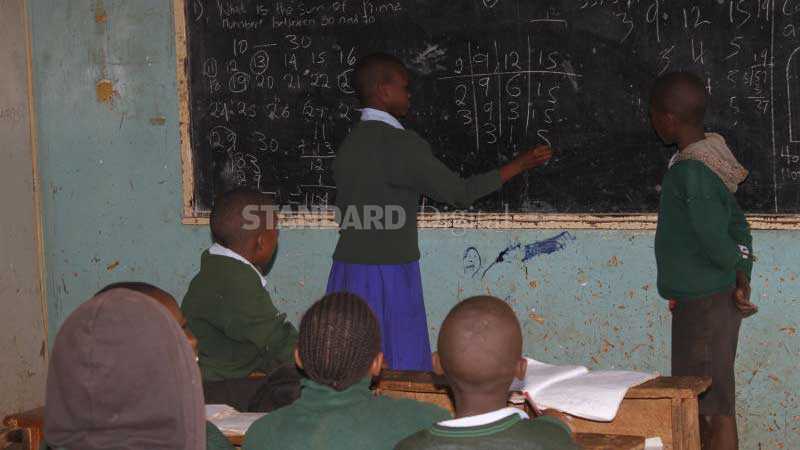×
The Standard e-Paper
Fearless, Trusted News

Kenya on Monday joined other states to celebrate International Literacy Day with Education CS Prof. George Magoha gracing the occassion at Makutano Stadium in Kapenguria, West Pokot county.
In a statement released by the ministry of education, the celebrations will take place at county and sub-county levels throughout the country.